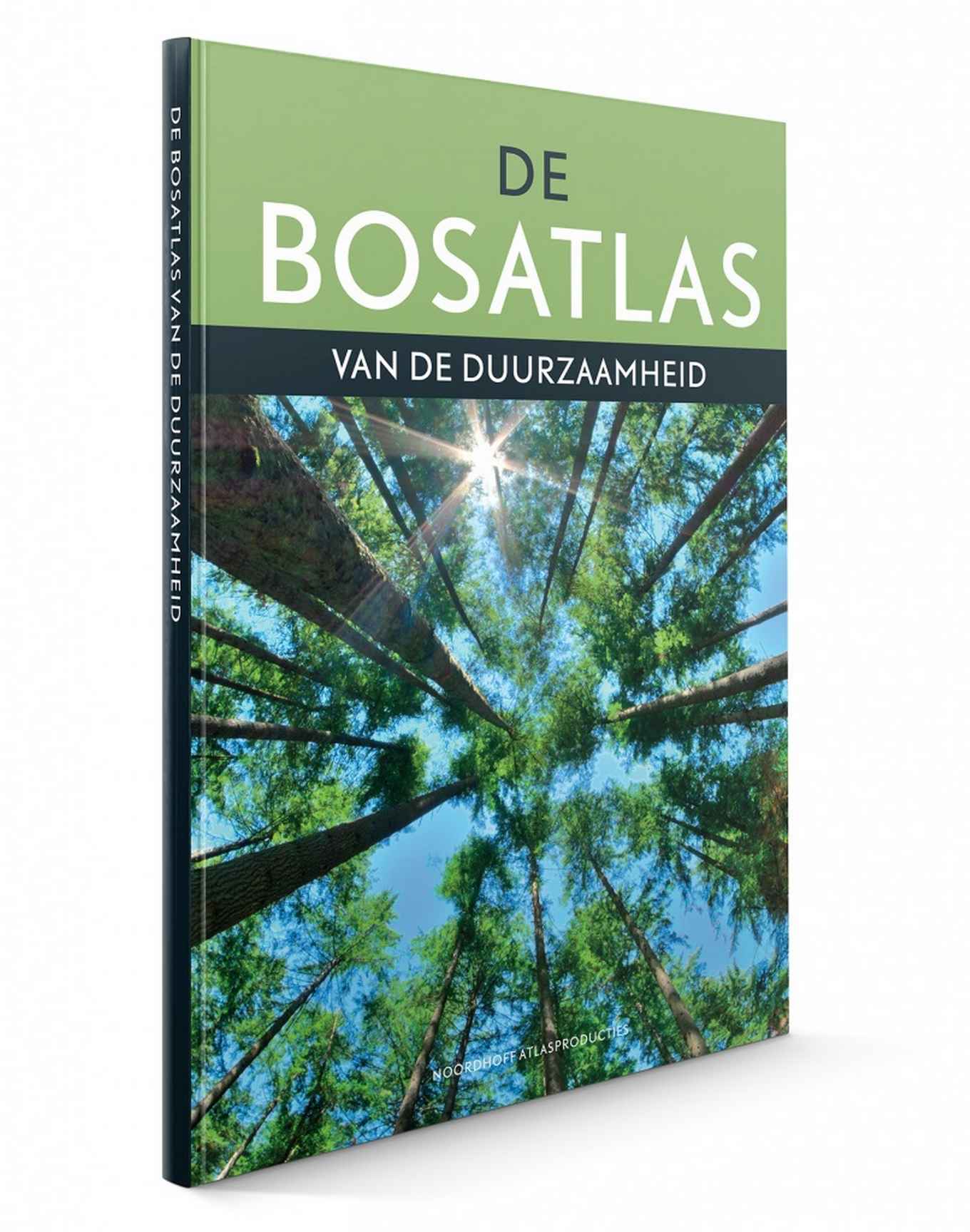IBED researchers contribute to Bosatlas of Sustainability
24 October 2019

Human influence on the earth
The atlas shows how big the human influence on the earth has been and how fast it continues to increase. It deals with topics such as climate change, the depletion of raw materials, the loss of biodiversity and the shortage of fresh water in large parts of the world. But there are also more optimistic topics. For example, the atlas zooms in on sustainability initiatives by governments (the Climate Act, CO2-tax and nature restoration), citizens (more bicycles, more sustainable food and house insulation) and companies (the construction of hydrogen networks, circular constructions and sustainable chemistry).
A small selection of facts presented in the Atlas:
-
Climate change in the Netherlands is twice as fast as in the rest of the world: the average temperature here already rose almost 2 ° C, in the rest of the world only 1 ° C on average.
-
99 % of the materials in double-decker trains and 95 % of the materials in office buildings are suitable for reuse.
-
Approximately 16 % of the Netherlands consists of nature. After decades of decline it has been going up again since 1990 with the area of nature reserve. Until 2027, 80.000 ha of new nature will be added.
-
Urban mining: 100 discarded smartphones contain enough gold for one brand new wedding ring. Producing the same amount of gold through classic mining requires 600 kilos of gold ore.
Future generations
Due to the importance of sustainability for future generations, the parties involved will offer all Dutch secondary schools a set of atlases. A matching lesson bundle will also appear.